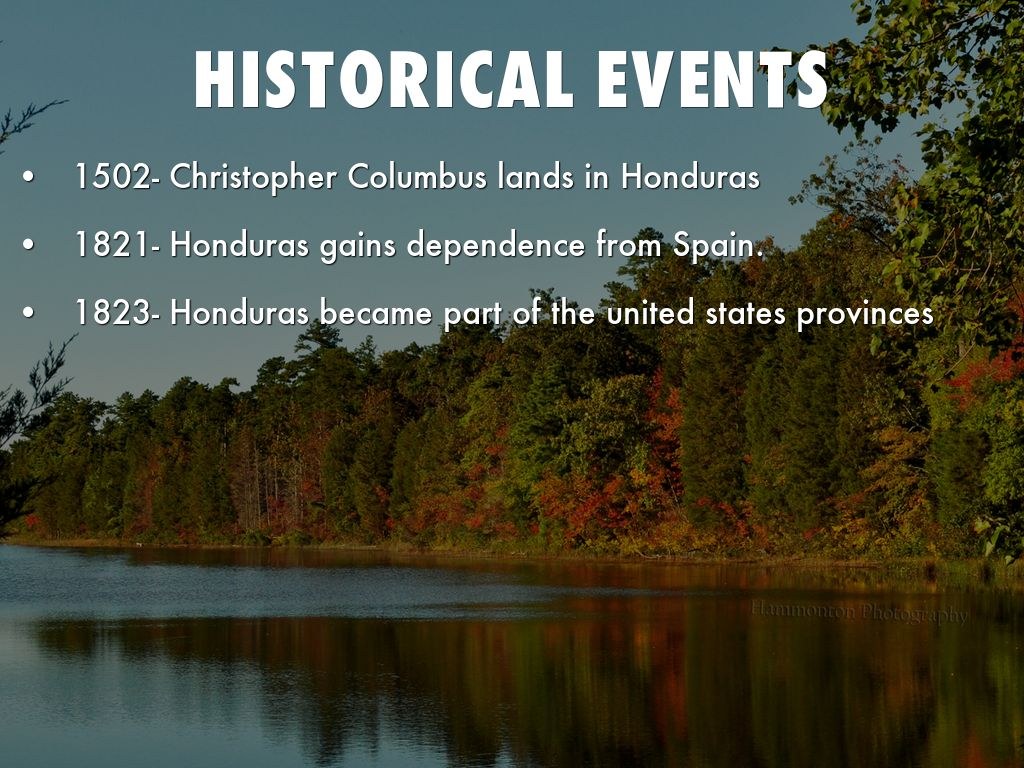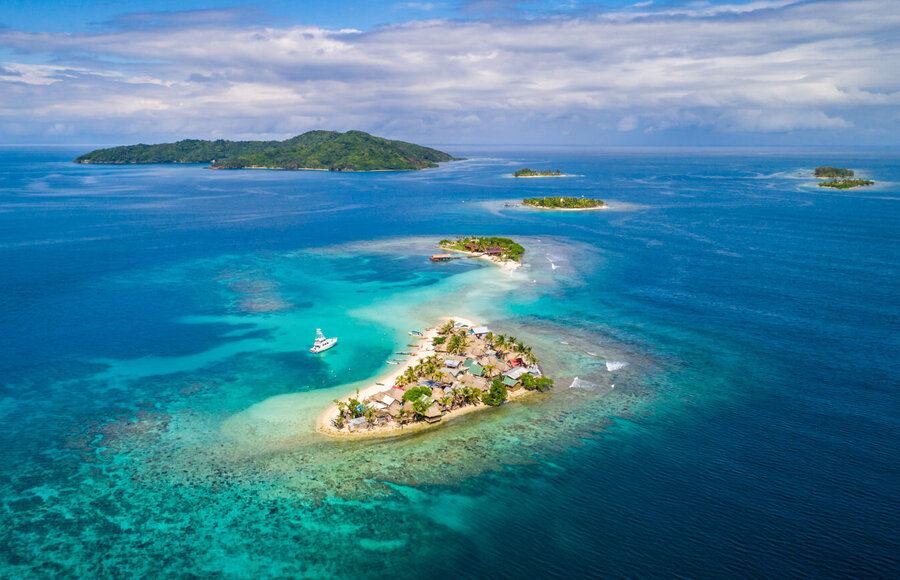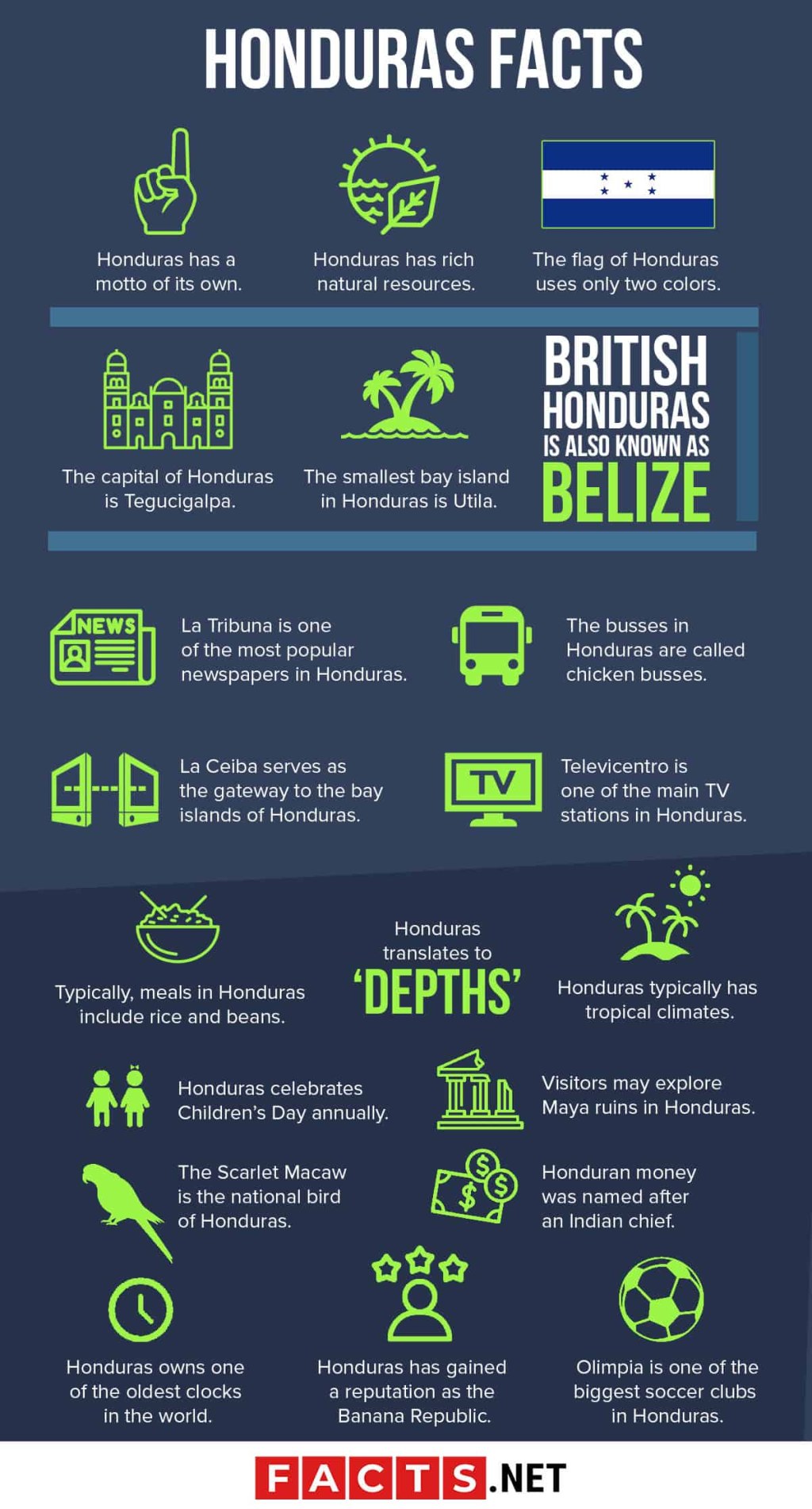Unveiling the Enchanting Tapestry of Ocotepeque, Honduras: A Geographic Exploration
Related Articles: Unveiling the Enchanting Tapestry of Ocotepeque, Honduras: A Geographic Exploration
Introduction
With enthusiasm, let’s navigate through the intriguing topic related to Unveiling the Enchanting Tapestry of Ocotepeque, Honduras: A Geographic Exploration. Let’s weave interesting information and offer fresh perspectives to the readers.
Table of Content
Unveiling the Enchanting Tapestry of Ocotepeque, Honduras: A Geographic Exploration

Ocotepeque, nestled in the western highlands of Honduras, is a captivating region brimming with natural beauty, rich cultural heritage, and a spirit of resilience. Its geographical landscape, a tapestry woven with majestic mountains, fertile valleys, and winding rivers, has shaped the lives and traditions of its inhabitants for centuries. Understanding the intricate details of the Ocotepeque map reveals not only its physical features but also the interconnectedness of its people, resources, and history.
Delving into the Topography: A Landscape of Contrasts
The Ocotepeque map showcases a diverse terrain, characterized by a striking contrast between towering peaks and verdant valleys. The Cordillera de Celaque, a prominent mountain range, dominates the northern region, reaching heights of over 2,800 meters. These mountains, with their rugged slopes and dense cloud forests, provide a breathtaking backdrop for the region, while also acting as a natural barrier, influencing the local climate and vegetation.
To the south, the landscape transitions into rolling hills and fertile valleys, ideal for agriculture. This region is home to the Lempa River, a vital waterway that flows through Ocotepeque and into El Salvador. The river serves as a lifeline, providing irrigation for crops, transportation routes, and a source of hydroelectric power.
A Mosaic of Communities: Unveiling the Human Landscape
The Ocotepeque map is not merely a representation of physical features; it also reveals the intricate network of communities that call this region home. The department of Ocotepeque is divided into 16 municipalities, each with its unique character and traditions.
The Heart of the Department: The City of Ocotepeque
The city of Ocotepeque, the departmental capital, serves as the economic and cultural hub of the region. Located in the heart of the department, it offers a glimpse into the region’s history, reflected in its colonial architecture and vibrant markets. The city is also a gateway to the surrounding natural wonders, attracting tourists seeking adventure and immersion in the local culture.
Rural Communities: A Tapestry of Traditions
Beyond the city, the Ocotepeque map reveals a network of rural communities nestled within the valleys and along the riverbanks. These communities, often isolated but deeply connected to their land, preserve ancient traditions and ways of life. From the skilled artisans of San Marcos de Caiquín to the coffee growers of La Unión, each community contributes to the rich tapestry of Ocotepeque’s cultural heritage.
The Importance of Infrastructure: Connecting the Region
The Ocotepeque map underscores the importance of infrastructure in connecting communities and promoting economic development. Roads, often winding through mountainous terrain, provide vital links between towns and villages, facilitating trade and communication. The Lempa River, with its potential for hydropower and transportation, represents a crucial resource for the region’s economic future.
Unveiling the Potential: A Region on the Rise
Ocotepeque possesses significant potential for growth and development, driven by its natural resources, cultural heritage, and the entrepreneurial spirit of its people. The region boasts abundant agricultural land, fertile soil, and a suitable climate for diverse crops, including coffee, beans, and fruits. The tourism sector is also emerging, with attractions ranging from ancient Mayan ruins to pristine natural landscapes.
Navigating the Challenges: A Call for Collaboration
While Ocotepeque holds immense potential, it also faces challenges, such as poverty, limited access to education and healthcare, and the need for improved infrastructure. Addressing these challenges requires a collaborative effort between local communities, government agencies, and international organizations. By working together, Ocotepeque can unlock its full potential and create a brighter future for its people.
FAQs about Ocotepeque, Honduras:
1. What are the major geographical features of Ocotepeque?
Ocotepeque is characterized by the Cordillera de Celaque mountain range in the north, rolling hills and valleys in the south, and the Lempa River flowing through the region.
2. What are the main economic activities in Ocotepeque?
Agriculture, particularly coffee cultivation, is a major economic driver. Tourism is also emerging as a significant sector.
3. What are some of the cultural highlights of Ocotepeque?
The region boasts a rich cultural heritage, with traditional crafts, music, and dance. The city of Ocotepeque offers a glimpse into the colonial past, while rural communities preserve ancient traditions.
4. What are some of the challenges facing Ocotepeque?
Poverty, limited access to education and healthcare, and the need for improved infrastructure are some of the challenges facing the region.
5. What are the opportunities for development in Ocotepeque?
Ocotepeque possesses potential for growth in agriculture, tourism, and renewable energy.
Tips for Exploring Ocotepeque:
- Visit the city of Ocotepeque: Explore the colonial architecture, visit the vibrant markets, and enjoy the local cuisine.
- Hike in the Cordillera de Celaque: Experience the breathtaking beauty of the mountain range and its diverse ecosystems.
- Visit the Lempa River: Enjoy boat rides, fishing, or simply relax by the riverbank.
- Explore the rural communities: Immerse yourself in the local culture, witness traditional crafts, and learn about the region’s history.
- Support local businesses: Purchase handcrafted souvenirs, enjoy local cuisine, and contribute to the local economy.
Conclusion:
The Ocotepeque map is more than a geographical representation; it is a window into the soul of a region rich in natural beauty, cultural heritage, and resilient spirit. By understanding the interconnectedness of its landscape, communities, and resources, we can appreciate the unique tapestry of Ocotepeque and its potential for a brighter future. As we navigate the challenges and embrace the opportunities, Ocotepeque stands ready to reveal its enchanting story to the world.








Closure
Thus, we hope this article has provided valuable insights into Unveiling the Enchanting Tapestry of Ocotepeque, Honduras: A Geographic Exploration. We thank you for taking the time to read this article. See you in our next article!